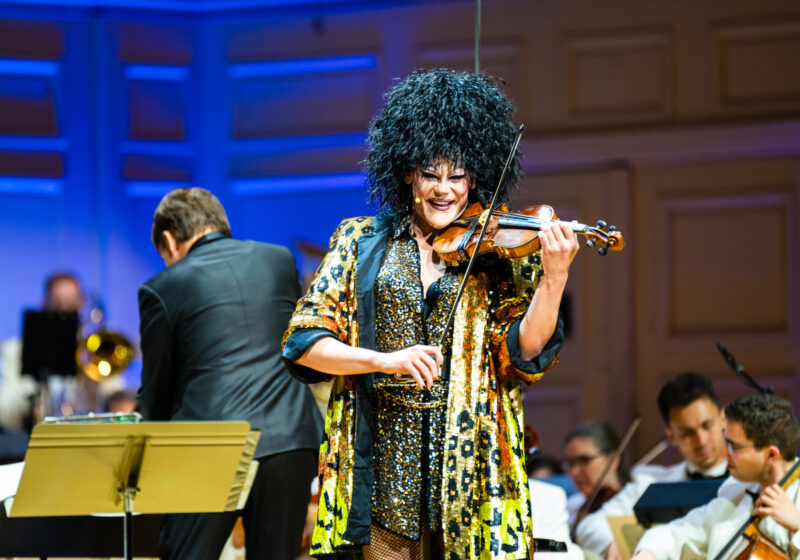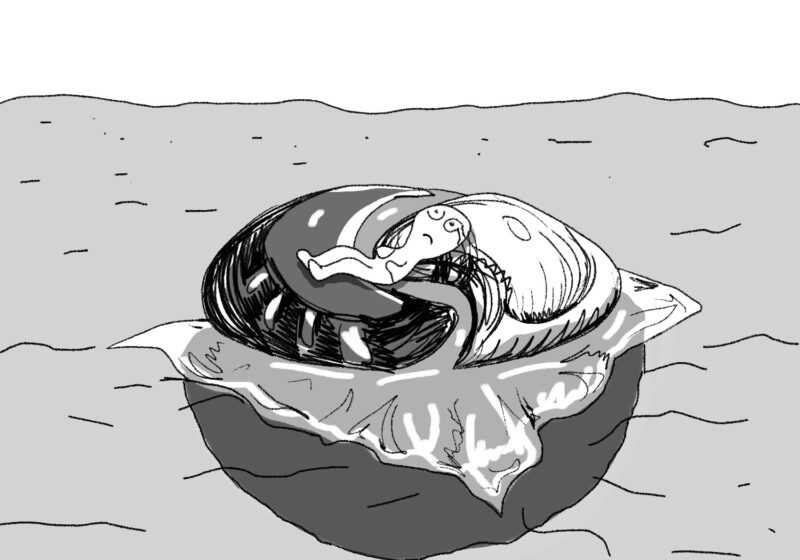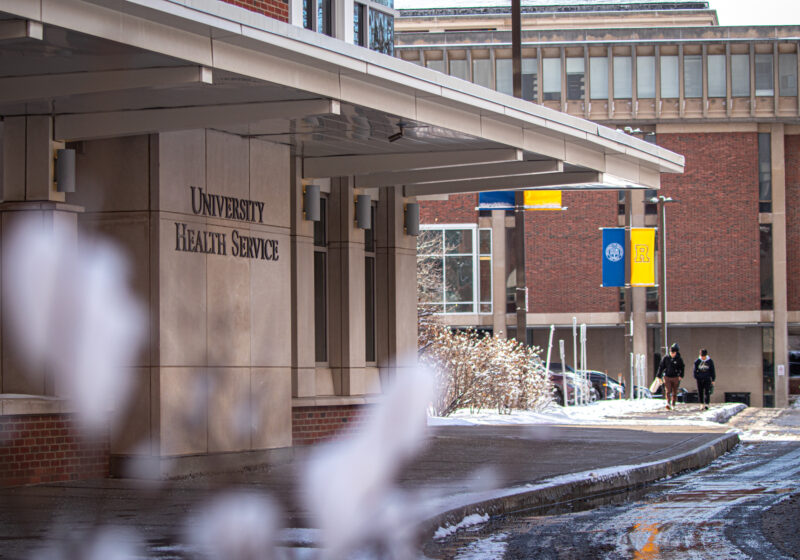A groundbreaking achievement for women’s athletics took place on March 12, as the Boston Pride of the newly created National Women’s Hockey League (NWHL) claimed the league’s first title by defeating the Buffalo Beauts in a two-game sweep in a best-out-of-three series. The Pride became the first team of the newly formed league to hoist the Isobel Cup.
Rising senior and chemical engineering major, Amelia Moriarty, was recently involved in making history, and this achievement had nothing to do with chemistry or engineering. Moriarty, hailing from Framingham, MA, had the opportunity of a lifetime as she served as a volunteer for the new Boston team during their inaugural season and quest for the Cup.
When asked how she was so fortunate, Moriarty credited her circumstances to the luck of social media. An old friend from her high school asked for volunteers on Facebook and her sister tagged her in a comment on the post.
As a former captain of the Women’s Rugby team at UR and an athlete throughout the majority of her life, Moriarty had “never played hockey before.” But this, and the fact that most of her fellow volunteers were pursuing degrees in marketing and sports management, didn’t derail the engineer from becoming connected to the Boston organization.
“I thought, I like women’s sports, so let’s do it,” Moriarty said of the opportunity.
The former Rugby captain took on the responsibilities of a “stat spotter.” She had to account for every pass, penalty, shot, assist or goal produced on the ice. Some of her coworkers ran operations such as ticket and merchandise sales, public relations, and social media for the team.
“I didn’t realize how much behind-the-scenes work it takes to run a professional sports team,” Moriarty said of the whole organization. “It’s weird, because most of the volunteers are studying marketing… but I’m just sort of doing this for kicks. [The experience] brought back flashes of dreams when I was a little kid wanting to work for the Red Sox.”
When asked about the significance of the league, Moriarty proceeded to explain the difference between the 2015 founded NWHL and the Canadian Women’s Hockey League (CWHL), which was chartered in 2007 by Canadian and American Olympians Sami Jo Small and Kathleen Kauth. The predominant deviation separating these two leagues is reliant upon the fact that the “players are getting paid.”
All of the player’s equipment, travel, and food costs are all accounted for by the newly-created NWHL, which was founded and led by former Northeastern Huskies player Dani Ryan. Although the players are being compensated and therefore are given value, the stipends they receive aren’t enough to be considered a living wage that the majority of professional athletes accumulate by just playing the sport they’ve sworn their lives to. The NHWL even posted a Google doc listing the salaries awarded to each player, with league phenom and Boston Pride co-captain Hilary Knight walking away with $22,000, the most royalties administered league-wide.
Currently, the NWHL consists of four teams scattered across the North East, which include, in addition to the champion Boston Pride: the Buffalo Beauts, the Connecticut Whales, and the New York Riveters.
Although this pioneer of a league has a long way to go from its humble beginnings, Moriarty revelled in the excitement and pure joy that spectators coming to see the Boston Pride experienced at the Alexander C. Bright Hockey Center at Harvard.
“It’s great to see pee-wee hockey teams come in to see these women kicking ass and playing hockey,” the UR chemical engineer said.
Although there were hockey fans of all ages, Moriarty notes that the demographic at a Boston Pride game seemed to exclude “the average general male sports fan,” and instead concentrated heavily on women, family, and friends of the players.
Once again, a similar issue that matriculates in the WNBA, festers within this premier hockey league. General male sports fans don’t turn out or tune in to these professional women’s athletic competitions because of the differing culture and principles entertained by both leagues. In the NWHL, there “isn’t any checking.” According to Moriarty, “they aren’t just beating the crap out of each other,” and in her eyes, that facilitates better, more tactful hockey.
After seeing the Boston Pride capture the title of the league’s inaugural season, Moriarty brainstormed ways as to how the NHL could continue to assist Ryan’s women’s league just as NBA commissioner Adam Silver has taken to the WNBA’s cause.
Moriarty believes that these two leagues could work together to improve the safety of the game, allowing for the NHL to favor pure skill over overbearing aggression. Decreasing the violence of the game could ameliorate the concussion issue and, in turn, would make the men’s contest, as Moriarty says, “a better game.”




